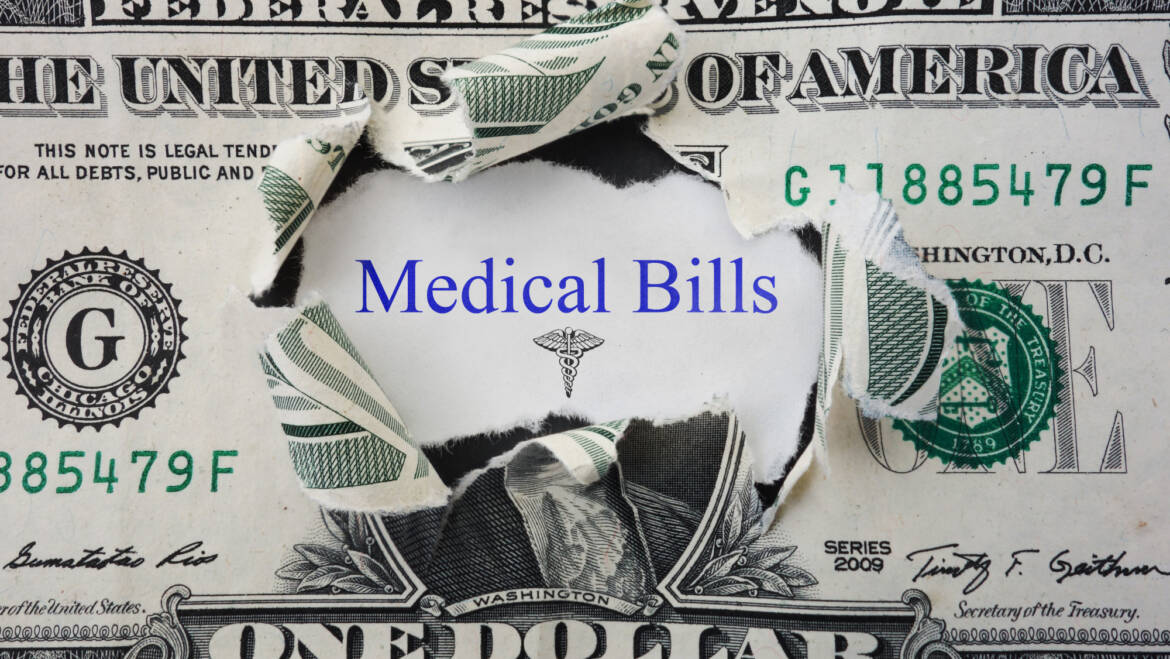Every year, an estimated 120 million patients seek medical care for unintended injuries. Many of these patients have a valid personal injury claim on their hands, though they may not realize it or take the initiative to file the claim.
Personal injury claim lawyers already have to contend with clients who are nervous or uncertain about filing a claim. Now, there’s a new factor that could also negatively impact personal injury law: rising healthcare costs.
What do rising healthcare costs have to do with personal injury law? What should personal injury lawyers expect and how can they combat these changes?
Read on to learn more about the impact of rising healthcare costs on personal injury patients.
Trends Created By Rising Healthcare Costs
Healthcare costs in the US are on the rise year after year. One study found that healthcare costs in 2019 were an average of nearly $12,000 per capita and are projected to hit $18,000 per capita by 2028. Let’s take a look at how this may impact personal injury patients.
Delayed or Neglected Treatment
When medical costs are likely to send a patient into debt, they are more likely to delay seeking treatment or forgo treatment, altogether. In response to current healthcare costs, an estimated 9% of US citizens that need medical care either delay or skip treatment. These include routine checkups but it also includes patients who had more notable or serious symptoms that required a diagnosis or treatment.
Worsened Health Conditions
In recent years, we’ve seen the impacts of delayed or neglected medical treatment. One result of the pandemic was that fewer people were able to seek timely treatment or chose to avoid treatment because of the high number of COVID patients in hospitals. Many of these individuals wound up facing more serious health conditions or untimely deaths that could have been prevented had they had proper access to care.
Disproportionate Impacts
In the US, healthcare challenges almost always disproportionately impact certain demographics. Unsurprisingly, this includes Americans who do not have any form of health insurance or are underinsured. However, it can also impact minorities, including Hispanic, Black, and low-income Americans at a higher rate than white, middle-income, or high-income Americans.
How Inaccessible Healthcare Impacts Personal Injury Patients
Now that we’ve talked about the common potential pitfalls of rising healthcare costs, let’s bring this discussion into the realm of personal injury claims. What do these outcomes have to do with personal injury patients? What challenges will this present for you and your clients?
Minimal Proof of Injuries
As a personal injury lawyer, you know the importance of healthcare. Seeking medical treatment doesn’t just promote recovery. It is also a crucial part of the evidence of your claim.
If your clients can’t access healthcare, they won’t receive the proper diagnoses. They won’t have enough proof of the injuries they’ve sustained as a result of an accident. They also won’t be able to establish significant medical debt as a basis for their personal injury claim.
Worsening Health Outcomes
As we mentioned earlier, patients who don’t receive proper care may see worse health outcomes. This has a specific impact in a personal injury case that shouldn’t be ignored.
The defense team will want extensive records of your client’s medical treatment and status. If they can prove that your client’s worsening condition is the result of neglect, it can hurt your case. It is crucial that your client seeks consistent treatment to prove that they are doing everything they can to recover.
Low Settlements
In the absence of prior or ongoing medical treatment, your client will also have limited medical bills to show. While personal injury settlements can include the cost of future treatment, you will need to establish a basis for that expectation.
You may find that more clients hope to delay treatment until after they’ve reached a settlement. It is your job to explain to them why this is faulty logic. Without significant medical bills or debt, they will receive a low settlement at most.
How You Can Help Your Clients Navigate Rising Healthcare Costs
As a personal injury attorney, it is your job to guide your client through the coming weeks and months. This includes more than providing legal guidance or communication with the defense. It also includes helping your client to procure the right medical treatment to recover and build the facts of their claim.
First and foremost, you will need to encourage your client to seek medical treatment regardless of rising healthcare costs. That said, you have an ethical obligation to avoid sending your client into a state of insurmountable debt. That means steering them away from predatory lenders as a means to access care.
Surgeons on a Lien is the best solution for patients who are struggling to afford care. We help attorneys locate doctors that will cover upfront costs in exchange for a portion of the patient’s settlement.
Help your clients access the care they need. Use our referral service to find participating doctors in your area.
Surgeons on a Lien Can Help
Rising healthcare costs are taking a toll on most Americans. As a personal injury lawyer, your job is to adapt to these changes. We hope that this guide has prepared you for the impact of rising healthcare costs on personal injury patients.
Now, it’s time to put our referral service to the test. If you have a client in need of access to care, use our referral tool to find the right medical professional in your area.
